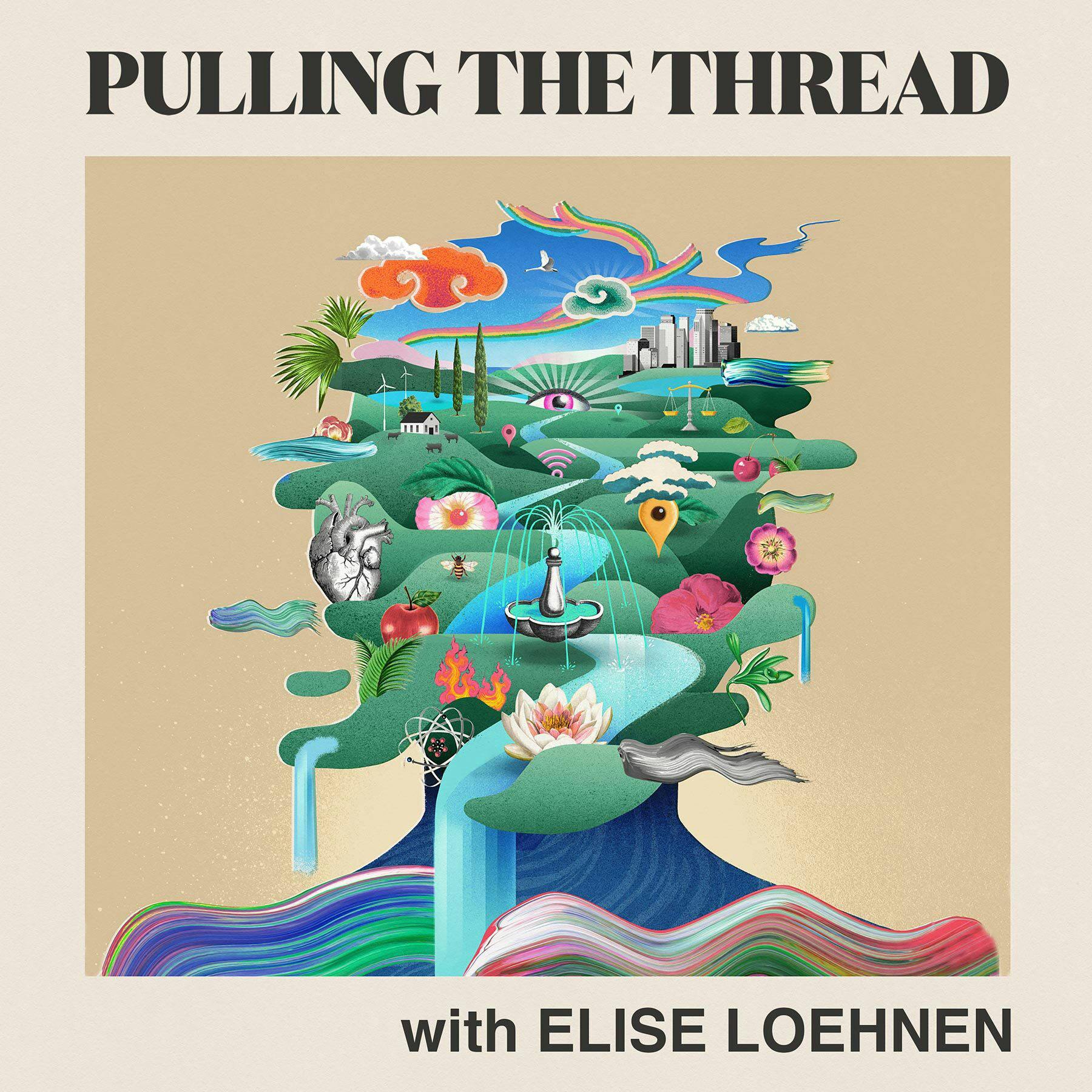Why Cynicism is Not Smart (Jamil Zaki, PhD)
Description
“In certain ways, our culture has glamorized the cynic. The person who doesn't have faith in others is seen as maybe wise or especially sharp. And it turns out that that's true in the research as well. If you survey people and you tell them about a cynic and a non cynic and ask them a bunch of questions about those two, most people, 70 percent will tell you that cynics are smarter than non cynics. And 85 percent of people believe that cynics are socially smarter than non cynics. For instance, that they'll be better at spotting liars. In other words, a lot of us put faith in people who don't have very much faith in people, which is ironic and also wrong. It turns out that the data are pretty clear that actually, when we give in to cynicism, we don't just feel bad, which we do, we also judge poorly. We do less well for instance, in spotting who's telling the truth and who's lying, because if you have a blanket default assumption about everybody, you stop actually paying attention to the evidence in front of you that can show you who might be trustworthy and who might not be.”
So says Dr. Jamil Zaki, a professor of psychology at Stanford University and the director of the Stanford Social Neuroscience Lab. Jamil trained at Columbia and Harvard, studying empathy and kindness in the human brain, and I’ve been a mega-fan for years, after interviewing him for his first book, The War for Kindness: Building Empathy in a Fractured World, in 2019. His latest book, Hope for Cynics: The Surprising Science of Human Goodness, is a must-read. It’s a love letter of sorts, a collaboration through the veil with his late colleague Emile Bruneau, who also studied compassion, peace, and hope.
I would love for every single person to read this book as it paints a more accurate, data-driven portrait of who we are, which is mostly good, and mostly aligned in our vision for the future. Jamil explains what happens to us when fear and cynicism intervene and the way we come to see each other through a distorted lens. He busts some other significant myths as well, namely that we glorify cynicism as being “smart”—you know, no dupes allowed—but cynicism actually makes us cognitively less intelligent. Yes, you heard that right. I loved this conversation, which we’ll turn to now.
MORE FROM JAMIL ZAKI, PhD:
Hope for Cynics: The Surprising Science of Human Goodness
The War for Kindness: Building Empathy in a Fractured World
Follow Jamil on X and Instagram
Jamil’s Lab’s Website
RELATED EPISODES:
Amanda Ripley, “Navigating Conflict”
"Calling In the Call-Out Culture with Loretta Ross"
To learn more about listener data and our privacy practices visit: https://www.audacyinc.com/privacy-policy
Learn more about your ad choices. Visit https://podcastchoices.com/adchoices
More Episodes
Published 09/12/24
“You said the important word there and that is the word grown up. To be grown up is what? To recognize, yes, I am accountable for what spills into the world through me. And if I don't want to be, then I'm just irresponsible and immature. And if I want to be accountable, then I have to start...
Published 09/12/24
"I was feeling this self censoring and constant push pull in sharing my voice and just feeling quite afraid of going for things that I wanted and so I got really interested in that gap and started to work with people with those clients around the inner critic.
And my first guess was like, oh,...
Published 08/29/24


